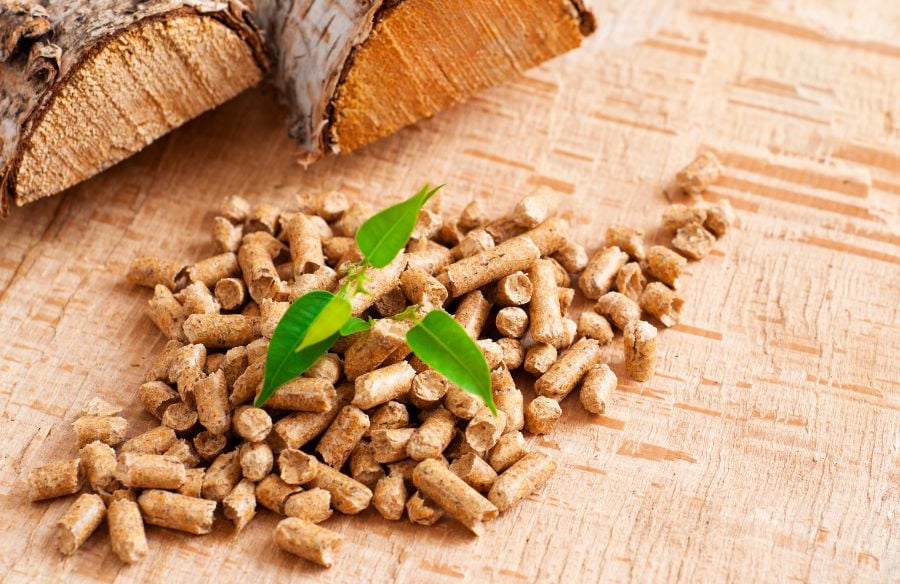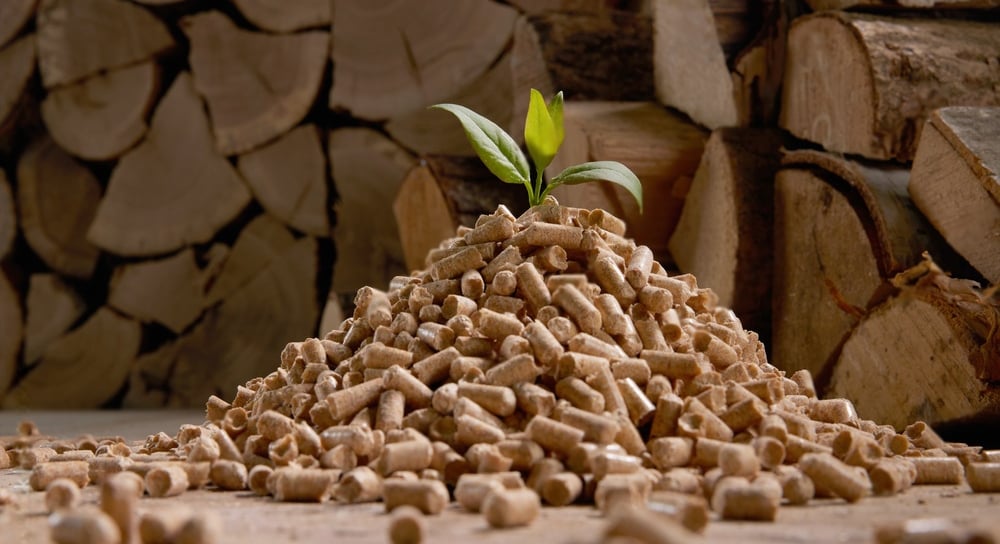A cleaner future:
As global awareness of climate change and environmental sustainability grows, industries & households are increasingly seeking eco-friendly fuel alternatives. One such solution is biomass briquettes, which are becoming a popular option for clean energy production. Biomass briquettes are made from compressed organic waste, such as agricultural residues, sawdust, and other plant-based materials. Here, we explore why using biomass briquettes is a better choice compared to conventional fuels.


Environmental Benifit
Biomass briquettes and pellets are carbon-neutral because the CO2 released during their combustion equals the amount absorbed by the plants during growth. This is a major advantage compared to fossil fuels, which emit large amounts of carbon stored for millions of years. According to the International Energy Agency, biomass use can reduce CO2 emissions by up to 74% compared to coal. Moreover, since biomass fuels are made from agricultural waste, their production helps to reduce deforestation and repurpose waste materials that would otherwise be discarded.
Pollution Reduction
Biomass briquettes and pellets burn cleaner than coal, producing fewer pollutants like sulfur dioxide (SO2), nitrogen oxides (NOx), and particulates, all of which contribute to smog and respiratory problems. Additionally, they produce less ash, typically 1-3%, compared to coal’s 20-40%, making them more environmentally friendly. Using biomass reduces the emission of harmful gases and results in fewer health risks. Their lower ash content also means less waste disposal, adding to their environmental benefits and ease of use in various applications.


Cost Effective
Biomass briquettes and pellets are cost-effective due to their abundant raw materials—agricultural residues that would otherwise go to waste. The high calorific value of these fuels, between 3500 and 4500 kcal/kg, ensures high energy output per kilogram. Sawdust pellets, for example, have a calorific value of up to 4000 kcal/kg, while sugarcane bagasse briquettes offer around 4200 kcal/kg. This high efficiency results in reduced fuel consumption, providing substantial savings for both industrial and domestic users compared to conventional fuels like coal or natural gas.
Conclusion
Biomass briquettes and pellets provide a sustainable, eco-friendly alternative to fossil fuels, reducing carbon emissions and repurposing agricultural waste. Their cost-effectiveness, cleaner combustion, and versatile applications make them an ideal choice for industries and households. By supporting rural economies and reducing pollution, biomass fuels also contribute to energy security. At Bharat Biofuels, we ensure high-quality products sourced directly from farmers, backed by our strong distribution network and a dedicated team working efficiently like a family to deliver clean energy solutions.


